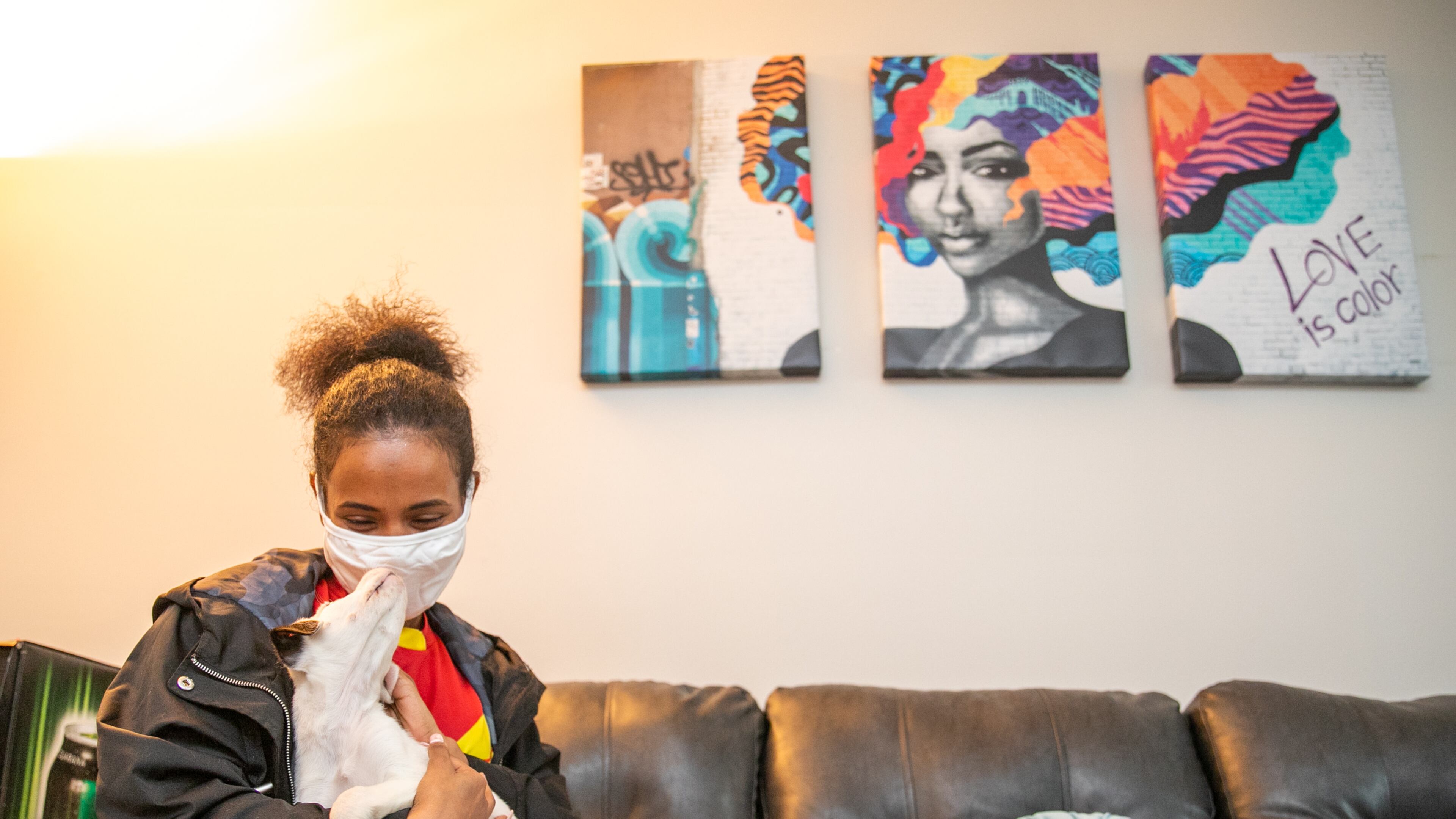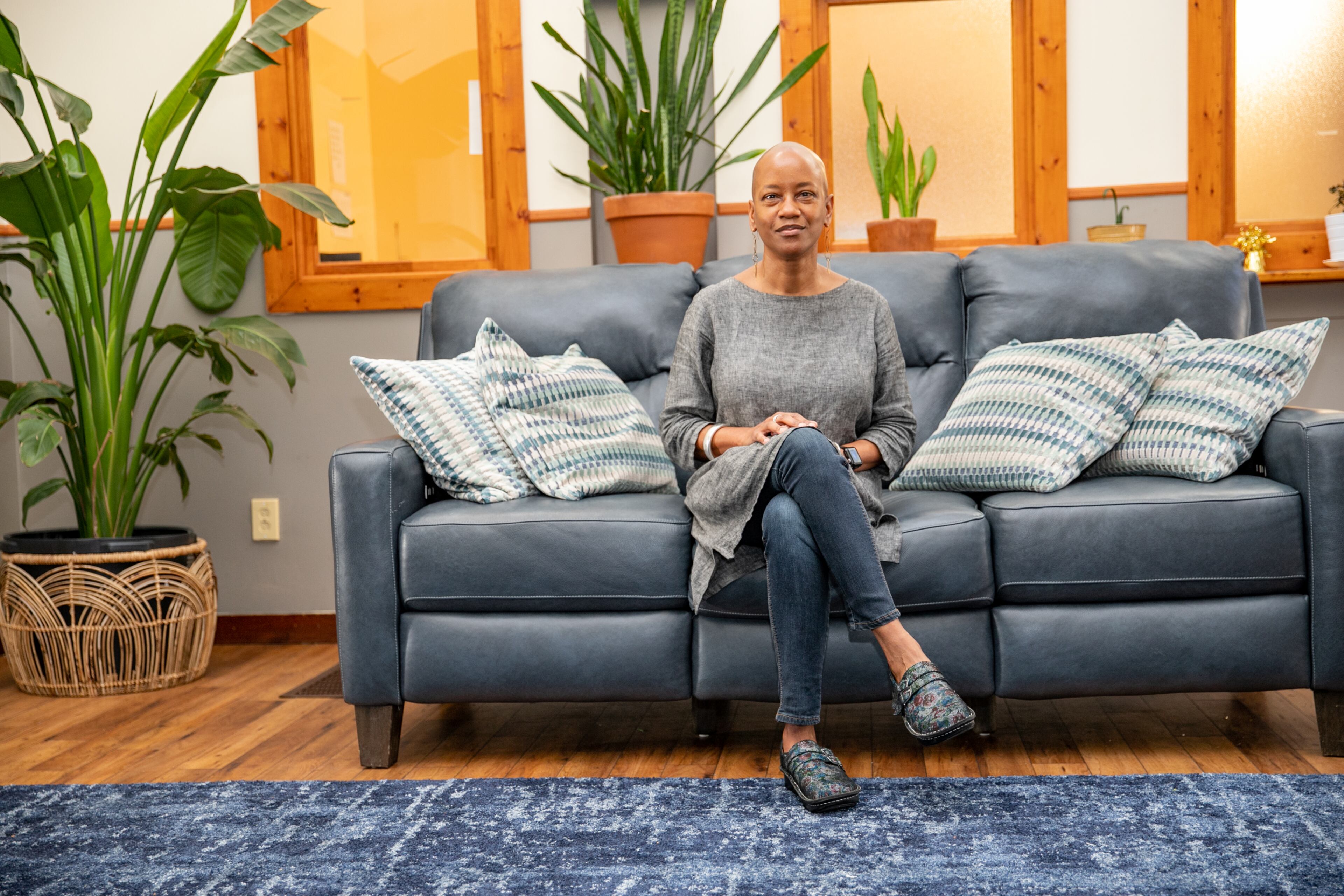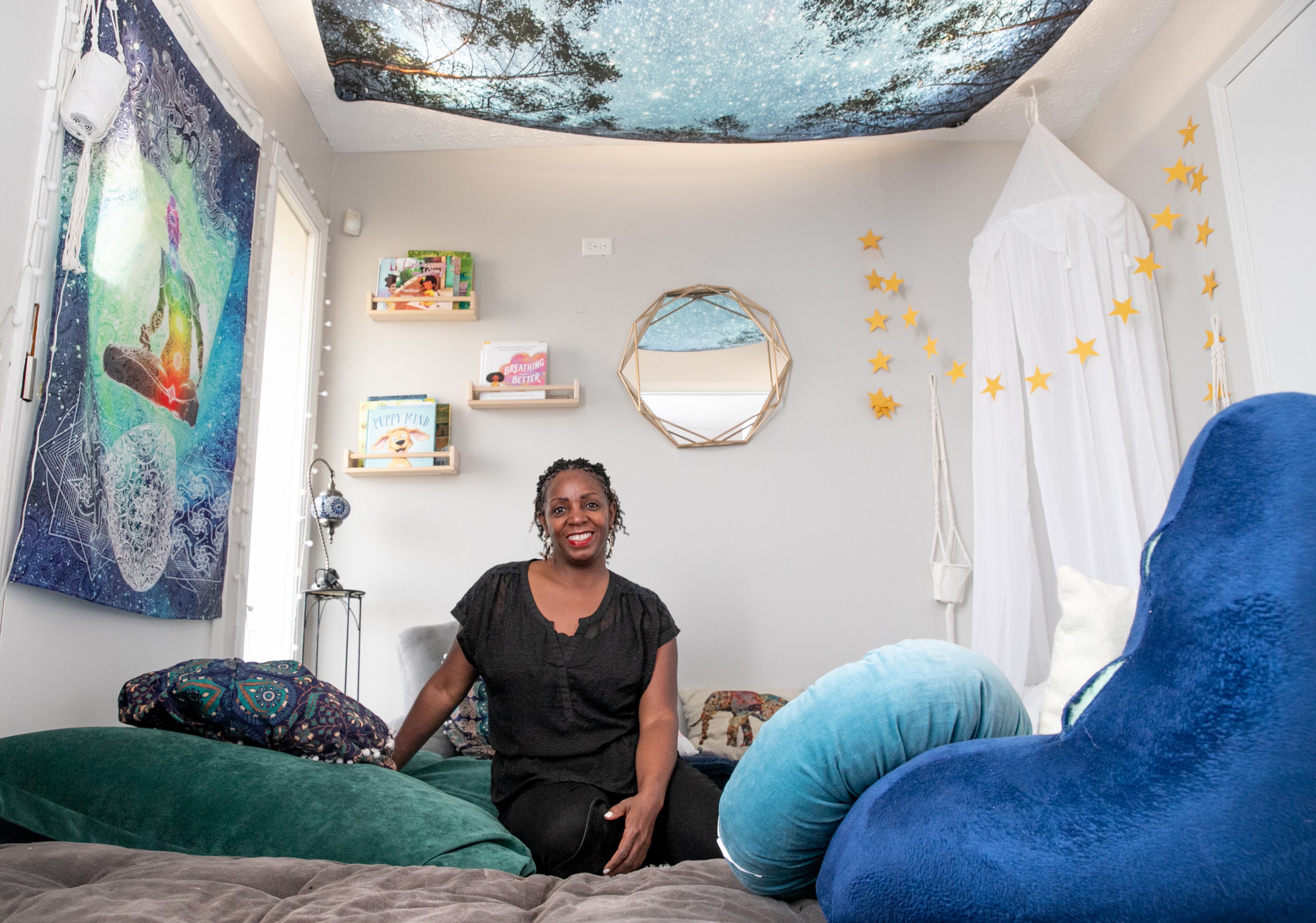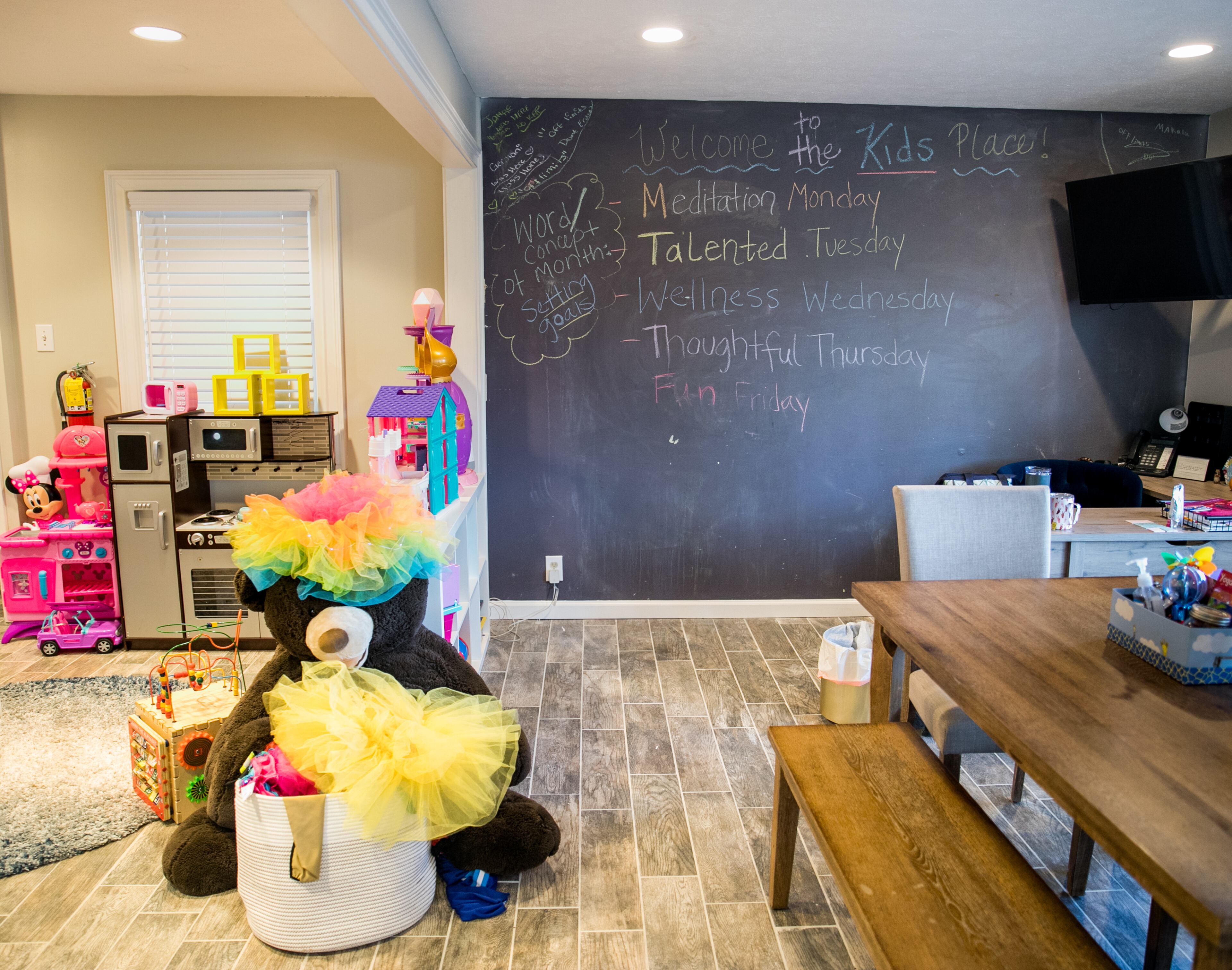‘Unprecedented’: Ga. domestic violence shelters struggle amid COVID

Rahel Tsada made it into a metro Atlanta domestic violence shelter when there was still space.
It was late 2019, and the mother of two was pregnant with her third and desperate to leave the children’s father. He’d kept her from fleeing his abuse, she said, by hiding her green card, passport, other important documents and family photos. Tsada, a native of Ethiopia, needed the documents to work or to rent an apartment.
The Women’s Resource Center in DeKalb County took Tsada and her children in. The resource center saved her. “I feel like I have somebody who cares about me,” she said.
But if Tsada had tried to flee abuse now, she likely would have a much harder time finding space in a shelter around Atlanta or elsewhere in the state. COVID protocols have forced shelters to reduce capacity. Reports of domestic violence have also risen amid the pandemic, leaving many shelters weathering unprecedented need. And many people end up staying in shelters longer, officials say, because of the lack of affordable housing in metro Atlanta and elsewhere in the state. Even the shelters are paying more in rent, along with other expenses.
The Criminal Justice Coordinating Council, which distributes funding to Georgia shelters, is awaiting a decision from the governor’s budget office on a request for $5 million to help close funding gaps the facilities face. The governor’s proposed budget doesn’t include increases for domestic violence shelters, though last year’s saw a increase of 9%.

On Wednesday, staff at the council contacted eight metro shelters to check the available space. Those shelters have a total of 229 beds. Four were at full capacity. The other four had 16 open beds among them.
At the Women’s Resource Center, the need sounds like a bank of phones ringing and ringing. They haven’t relented since March 2020, said Barbara Gibson, the nonprofit’s safehouse director.
“(It) has really been unprecedented,” said Gibson, who’s worked there 32 years.
Since the beginning of the pandemic, domestic violence has surged all over the world. In 2020, cases increased by 25-33% globally, according to the American Journal of Emergency Medicine. Researchers at Emory University found that Georgia saw increases in domestic violence during stay-at-home orders and during the summer 2020 surge of COVID cases.
At the safehouse in DeKalb County, callers seem more desperate, more in need in more ways, than normal. With people out of work or working from home, many calls come from women who’ve been trapped in close proximity to someone they want to flee, said Jean Douglas, the resource center’s executive director.
“We have to strategize when he is literally on the other side of the wall,” Douglas said. “We have to come up with code words.”

Even the strategies for helping women flee abuse have changed. With no open rooms, shelters across the state have put up families in hotels, which is among the highest drivers of new expense for shelters, along with personal protective equipment, according to a July 2021 state auditor’s report. The safehouse director used her personal AirBNB account to rent families rooms until an incident got her banned from the app. Staff buy bus tickets for families who find a safe place to stay out of state. Sometimes staff contacts relatives of families in need to plea for some nights on a couch or in the basement.
With the shelter full and others full, staff find themselves asking callers more and more: How can we help you without you staying here?
The Liberty House of Albany, which serves 17 counties in southwest Georgia, has lost $40,000-60,000 by canceling multiple in-person fundraisers, said Diane Rogers, the executive director. It didn’t seem right to Rogers to hold such events in Dougherty County that would’ve competed with ones for COVID victims.
Pandemic effect on domestic violence
25-33%: Increase in domestic violence cases globally in 2020
$5 million: Amount requested from the Georgia budget office to help victims’ services programs and shelters.
$5.9 million: Incoming cash Georgia domestic violence shelters lost from March 2020 to October 2021
$5.8 million: New operating costs domestic violence shelters saw from March 2020 to October 2021
(Source: Criminal Justice Coordinating Council, and the American Journal of Emergency Medicine.)
“We didn’t want to be insensitive to other needs in the community, because there are so many,” said Rogers, “especially in this rural South Georgia area where there are so few resources.”
In comparatively resource-laden metro Atlanta, the Women’s Resource Center was able to hold its annual gala at the Georgia Aquarium, virtually, in 2020 and 2021. Funding hasn’t been near the problem there as at some other shelters. But the affordable housing issue, along with trouble finding childcare, leaves families in the DeKalb County safehouse far longer than before, the executive director said.

Tsada, who in 2020 left the safehouse after a year, stayed that long largely because she couldn’t find work. She now works as a waitress in an Italian restaurant and has a home that the resource center helped her rent. She has a car, something she long went without.
Shelter workers cling to success stories like Tsada’s at a time when successes seem harder to come by.
Gibson, the safehouse director, keeps thinking of a mother of three who’d called the resource center seeking a place to stay. She’d been sleeping in her car with her three children, spending all day calling shelters. No one had space, and the mother didn’t technically have a Georgia address, which complicates things. Gibson tried for days to find ways to help the woman.
Last Gibson heard, the family was still living in the car.
Anyone experiencing domestic violence can call 1-800-334-2836 to speak with an advocate. To find a shelter, visit https://gcadv.org/domestic-violence-centers/


